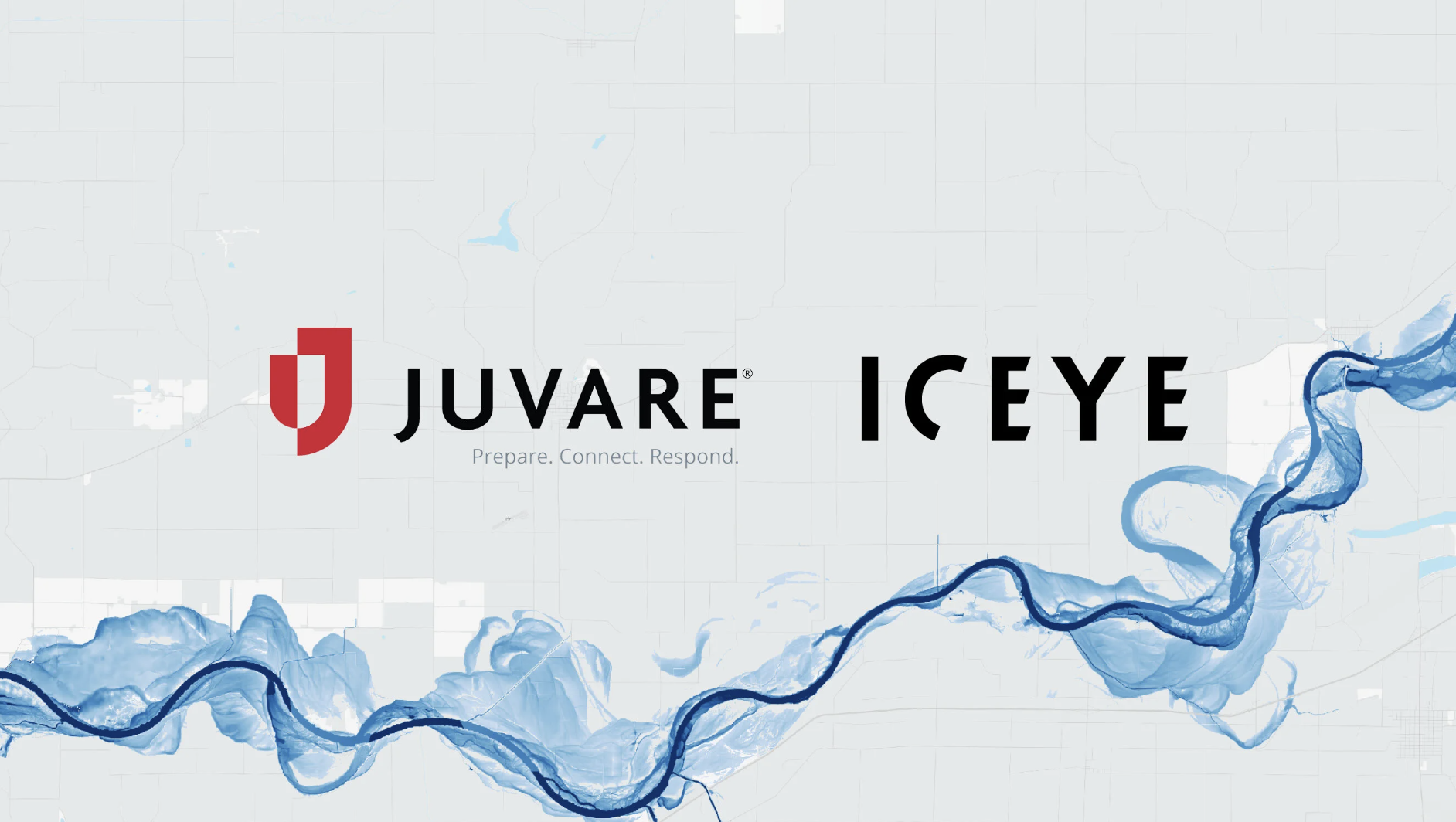By Dave Wojs
Mental health agencies and police departments often encounter the same individuals experiencing mental health issues. Often, individuals experiencing a mental health crisis outside the safety of a mental healthcare facility may display behavior that calls for police intervention.
The challenge? Police officers often lack the specialized skills needed to help these individuals and without access to mental health professionals, many end up incarcerated. According to a report by the Bureau of Justice Statistics, 43 percent of those in state prisons have been diagnosed with at least one mental disorder.
The solution? Better collaboration between police and mental health professionals to help patients get the care they need when they need it. Of course, it’s one thing to understand the need for improved collaboration — it’s another to implement this idea at scale. EMResource healthcare resource management solution from Juvare can help.
Challenges in Bridging the Mental Healthcare Gap
Several challenges exist when it comes to bridging this healthcare gap for a more effective mental health incident response.
The first is a lack of available beds for patients in care facilities. As noted by a recent JAMA Psychiatry article, Estimating Psychiatric Bed Shortages in the U.S., the country “is confronting an urgent and worsening shortage of psychiatric beds.” The piece notes that in Massachusetts, hundreds of patients are on waiting lists for available beds, while in California there are more than a thousand people deemed mentally unfit to stand trial who are being held in local jails until a psychiatric bed opens up.
And these numbers only reflect those already known to the system. For police officers responding to a call that involves an individual with mental health challenges, finding a facility with space for even a cursory assessment can be difficult. In addition, officers’ level of mental health training varies by state, county, and even municipality. While some police programs include robust and in-depth training, others spend relatively little time on handling situations that involve mental health issues.
Last but not least? In many cases, police departments lack a centralized and streamlined way to communicate with local health agencies. This means that even if officers know what type of help a patient needs, it may be time-consuming and difficult to connect with facilities in the area and determine if there is space available for patients. Put simply, many state and local departments are entirely siloed; while they have systems in place to connect with their own staff members, inter-departmental communication is slipshod at best.
Better Collaboration for Mental Health Care
Both mental health agencies and police departments can benefit from better collaboration.
For mental health professionals, the ability to connect with patients during or just after experiencing a mental health crisis gives them the best chance of diagnosing the issue and creating a treatment plan that could help prevent further issues. Immediate collaboration can also help reduce the backlog of court cases currently faced across the country — if individuals can be assessed and receive treatment before they are arrested or sentenced, it could help lessen the burden of overcrowding in both jails and mental health facilities.
For police departments, direct connections with mental health agencies offer a more successful path to incident resolution than arrest or jail time. Instead of attempting to navigate the intricacies of mental illness, officers can connect with mental health facilities and find the best fit for the patient. This connectivity also offers the advantage of significant time savings. Even if police officers are familiar with local mental health facilities, this is no guarantee that they have beds available. As a result, officers could spend hours of their shift waiting with patients to securely transfer them into the care of mental health professionals, in turn taking them off the street and reducing the number of officers available to respond to other incidents.
Police-Mental Health Information Sharing
Juvare’s EMResource healthcare resource management solution offers a way to bring it all together for mental health agencies and police departments. With EMResource, departments can:
Use shared terminology
Police departments and healthcare providers both use their own industry-specific terminology. But in the same way that police dispatch codes mean nothing to healthcare experts, healthcare nomenclature can seem like another language to officers. EMResource solves this problem by focusing on what the facility or solution is designed to do. By using familiar and functional descriptions rather than industry-specific jargon, it’s easier for both sides to find common ground.
Collaborate cross-county and cross-state
Along with searching local jurisdictions for available beds or expertise, EMResource also makes it possible for police and mental health agencies to connect cross-county and cross-state. Consider a situation where police have responded to a call of an individual in distress and determined that the individual needs specialized care. If all local health facilities are full, but there’s one across a nearby state border with space, officers could save significant time — if they have a way to reach out and connect.
Expand their impact
State and local agencies are also using EMResource to expand their collaborative impact beyond police and mental health providers. For example, in Arizona, some municipalities use the solution in medical response vehicles so they can view real-time hospital data. In Colorado, it’s being used by police officers and in Texas, it’s at the dispatch center level to view real time facility status.
Leverage cloud resources
EMResource uses a multi-tenant cloud-based approach to provide superior reliability and accessibility. Instead of being tied to local servers and hardware resources, the use of cloud technology makes it possible for agencies to scale up (or down) on-demand to meet changing communications needs.
Sharing Data for Patient Safety
Shared data between mental health and police departments can improve patient safety and help reduce time wasted on both sides. By leveraging the secure, cloud-based benefits of EMResource emergency management software, agencies can empower collaboration and communication without compromising key patient data.
David J. Wojs, Jr. is the Senior Director of Public Health and Healthcare at Juvare.

















